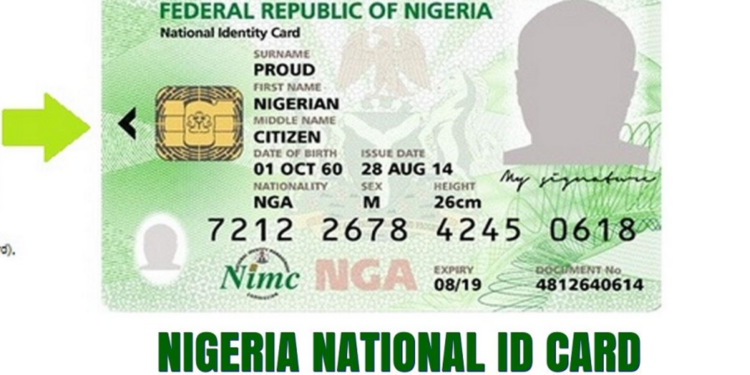
The latest report by Africa’s identity verification startup, Smile ID, has revealed that the Nigerian National Identity document is one of the most-attacked documents by fraudsters wanting to clone IDs, ranking 9th in Africa.
According to the 2024 Digital Identity Fraud in Africa Report, National ID cards of African countries have seen a surge in attacks over the last two years. The report shows that in 2023, South Africa’s National ID had the highest rate of fraud attempts at 34%, thus ranked number 1.
Tanzania’s National ID emerged as the second most attacked with a 32% attempted fraud rate, while Kenya’s National ID ranked 3rd at 26%. Nigeria recorded an 18% attempted fraud rate to rank as number 9.
Highlighting the rate of fraud in different identity documents issued by African countries, the ID verification company said:
“In the last two years, an overwhelming number of fraud attacks were directed at National ID cards, which accounted for 80% of all document fraud attacks. 11 out of the top 19 most attacked document types were also National IDs.
“This preference for National ID cards among fraudsters results from two factors. In most countries, the national ID is the most common form of Government identification and is mandatory for most adults. With more national ID documents in circulation than ever, the chances of them getting lost or stolen get increasingly higher by the year, exposing holders to potential document fraud.
“Many African countries have either recently implemented new national IDs or plan to in the coming years. Logistical issues around properly discarding the older IDs can lead to them falling into the wrong hands. An excellent example is South Africa, where the older Green ID card saw significant fraud targeting.”
Narrowing down to the West Africa sub-region, the report revealed that identity fraud in West Africa is largely dominated by two countries, Nigeria and Ghana. It noted that due to the broad adoption of digital and biometric ID verification in Nigeria, physical documents are less common than in other markets.
However, Ghanaian ID documents were discovered to have a higher fraud rate. According to the report, the Ghanaian Social Security and National Insurance Trust (SSNIT), in particular, has the highest fraud attempt rate (20%). It, however, noted that the SSNIT is an old ID document being phased out in favor of the newer Ghana Card, which has advanced security features and a lower fraud rate.
Smile ID revealed that out of the top 5 most attacked ID documents in the East African region, four are national IDs and Kenay’s ID has the highest rate of fraud in the region.
“There are several contributing factors, one of which is the continued prevalence of old National ID cards which are constructed of black and white paper images, laminated in plastic. The newer Huduma Namba cards have faced several challenges to adoption, beginning with opposition in the courts to how the data was collected. The current government in Kenya has announced more investment in, and consolidation of, existing ID systems in 2024,” it said.
The Nigerian government is de-emphasizing issuing a physical National ID Card and placing more emphasis on the National Identification Number. Unlike the card, verifying identity with the NIN means the biometrics of the owner are also verified.
This explains why attacks on the country’s National ID were lower compared with other countries. Smile ID also noted that ID documents without biometric information are most vulnerable to stolen ID attacks. Where available, Biometric verification solutions provide an extra layer of protection against stolen ID fraud.








